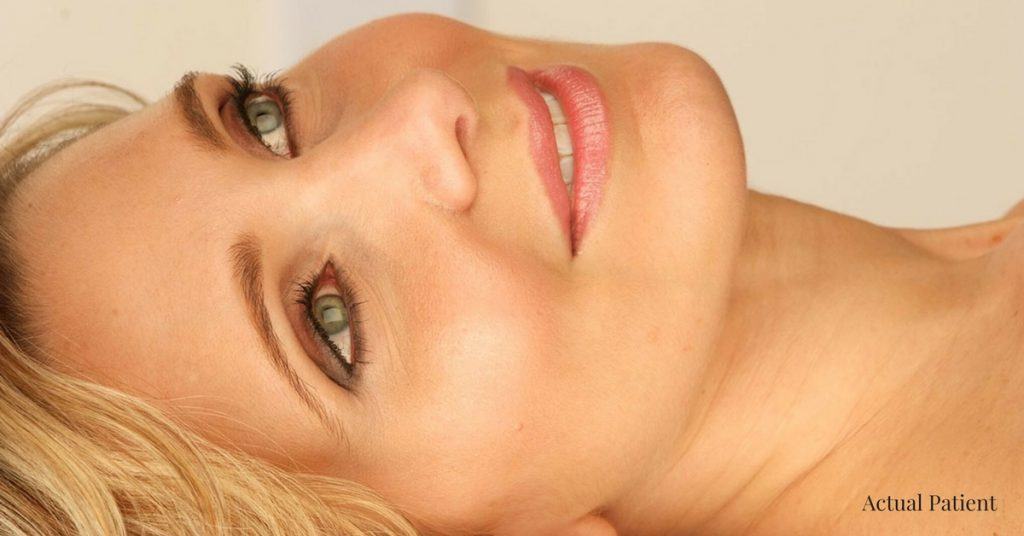You know all surgical procedures require some degree of recovery. But did you know that there are many ways to improve the success of your recovery, both before and after your procedure?
At Belcara Health, we make every effort to ensure your Facial Contouring procedure is as safe, comfortable and successful as possible, but the truth is – your recovery depends a lot on you. Here is a guide to help you prepare and help your recovery go as smoothly as possible.
Follow your plastic surgeon’s instructions
Pre-op and post-op instructions are not suggestions; they are requirements! It is critical that you follow your instructions as carefully as possible, both before and after your procedure. If you’re unsure about anything, please call anytime for clarification, there are no wrong questions. Your health, comfort, and results, are too important.
Quit smoking NOW
Not only can smoking cause cancer and emphysema and be terrible for your overall health, but it can also severely compromise your recovery from surgery. Smoking prevents your blood supply from circulating properly, increases your risk of infection and makes anesthesia much riskier. In fact, it is common for surgeons to refuse to operate on smokers. If you smoke, you should stop at least four weeks before and after your procedure.
Take care of yourself
Good health is essential to effect healing, so before your surgery, you should get your body ready.
- Stay hydrated – It’s especially important to drink plenty of water before surgery for it helps your body handle the effects of anesthesia.
- Eat Properly – fuel your body with a nutritious diet and avoid the foods and medications as instructed, such as green tea, NSAIDs, herbal supplements, etc. This is important to prevent unnecessary bleeding after surgery.
- Sleep – Being well-rested will help you stay relaxed, healthy and strong.

Actual Patient
Prepare your skin
If you don’t already have a good at-home skincare regimen, start one now. Starting with strong, healthy skin is imperative to your surgical recovery. Remember to discuss any changes to your skincare routine with your physician first. At Belcara Health, we often recommend:
- Add a retinoid, such as Retin-A, for they can thicken the dermis and improve its vascularity, which helps the skin heal as well as improve its texture.
- Take arnica, which as has anti-inflammatory properties.
- Stop taking any medications or supplements that could increase bruising, swelling, or bleeding, including aspirin, ibuprofen, naproxen, St. John’s Wort, vitamin E, fish oil (omega-3).
Plan ahead
- Schedule time off work. It’s important to allow time for your body to recover after surgery, so using some of those vacation days is worth it.
- Pre-prepare meals or help in the kitchen for a few days following surgery.
- Arrange for “couch-friendly” activities! Books, movies, games.
- Purchase prescription medications, so they are there if/when you need them
After Surgery
Congratulations! You are now the proud owner of a new look! But there is still much you can to do to hasten your recovery and optimize your results.
Days 1-3
- Have someone you know and trust drive you home.
- Take your pain medication as prescribed.
- Go to bed! Rest as much as possible. Sleep with your head elevated as much as possible to reduce swelling.
- After a day or so, get up and move around to encourage circulation and prevent muscle aches.
- You will feel some tightness when the anesthetic wears off, but the pain is generally minimal. Wearing your headwrap as prescribed will help.
- After 2-3 days, you can bathe as instructed by your surgeon.
Week 1
- Swelling, bruising, and soreness are to be expected. Understand that this is a temporary condition, which will subside shortly. Staying busy with the books and movies and other restful activities you prepared will help distract you from unnecessary concern.
- Continue to keep your head elevated both day and night as much as possible and avoid unnecessary bending, turning, straining or lifting.
- Keep the area around your incisions clean and sterile and change your bandages regularly.
- Maintain a healthy diet but avoid eating foods that are difficult to chew.
Week 2
After about week, you’ll be able to resume light activity and transition back to work and family life. Please avoid allowing restlessness to tempt you into jumping back into your full routine too soon. It’s not worth risking your recovery by doing too much too soon. This is when the emotional aspects of recovery begin. Your new look may feel strange, even if you’re happy with the results. This is common; it may take some time to associate your new look with your self-image.
After about four weeks, you’ll be back to your regular life, but looking and feeling so much better. With compliments from friends and family and more smiles in the mirror, your new confidence will shine!



